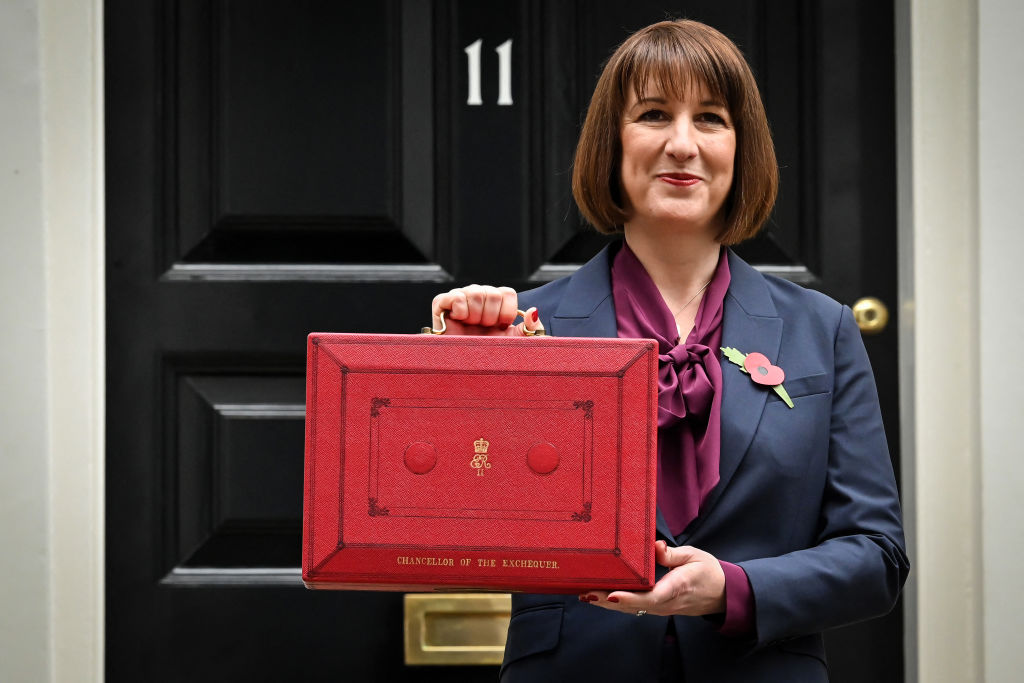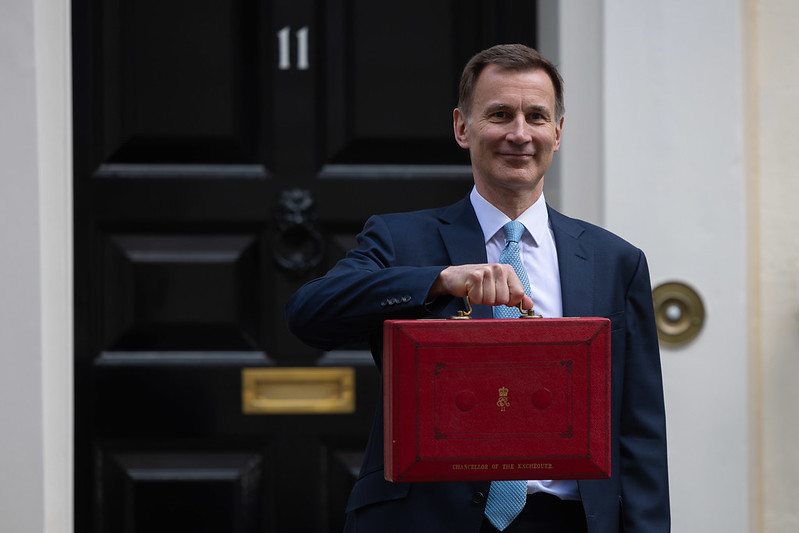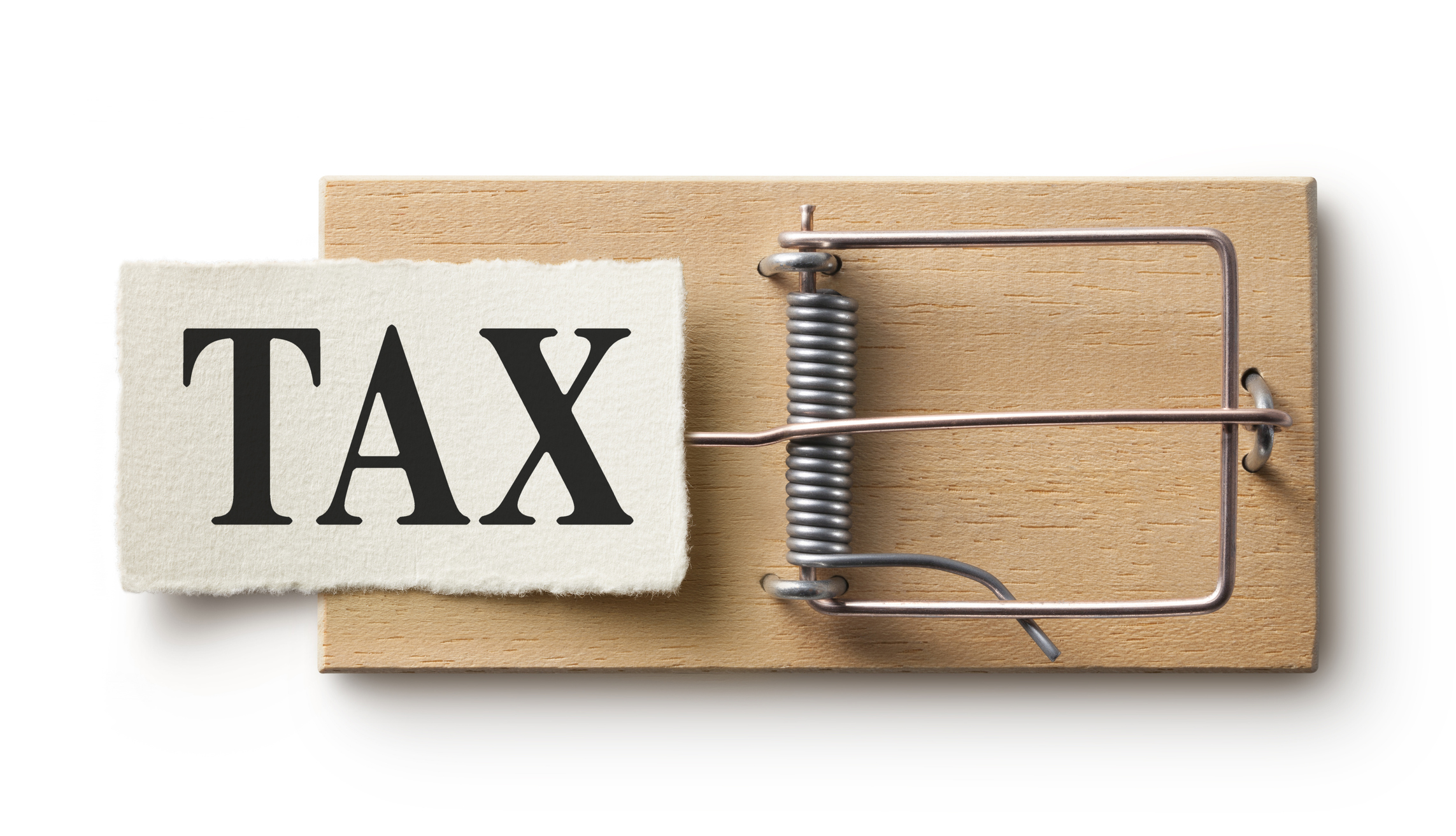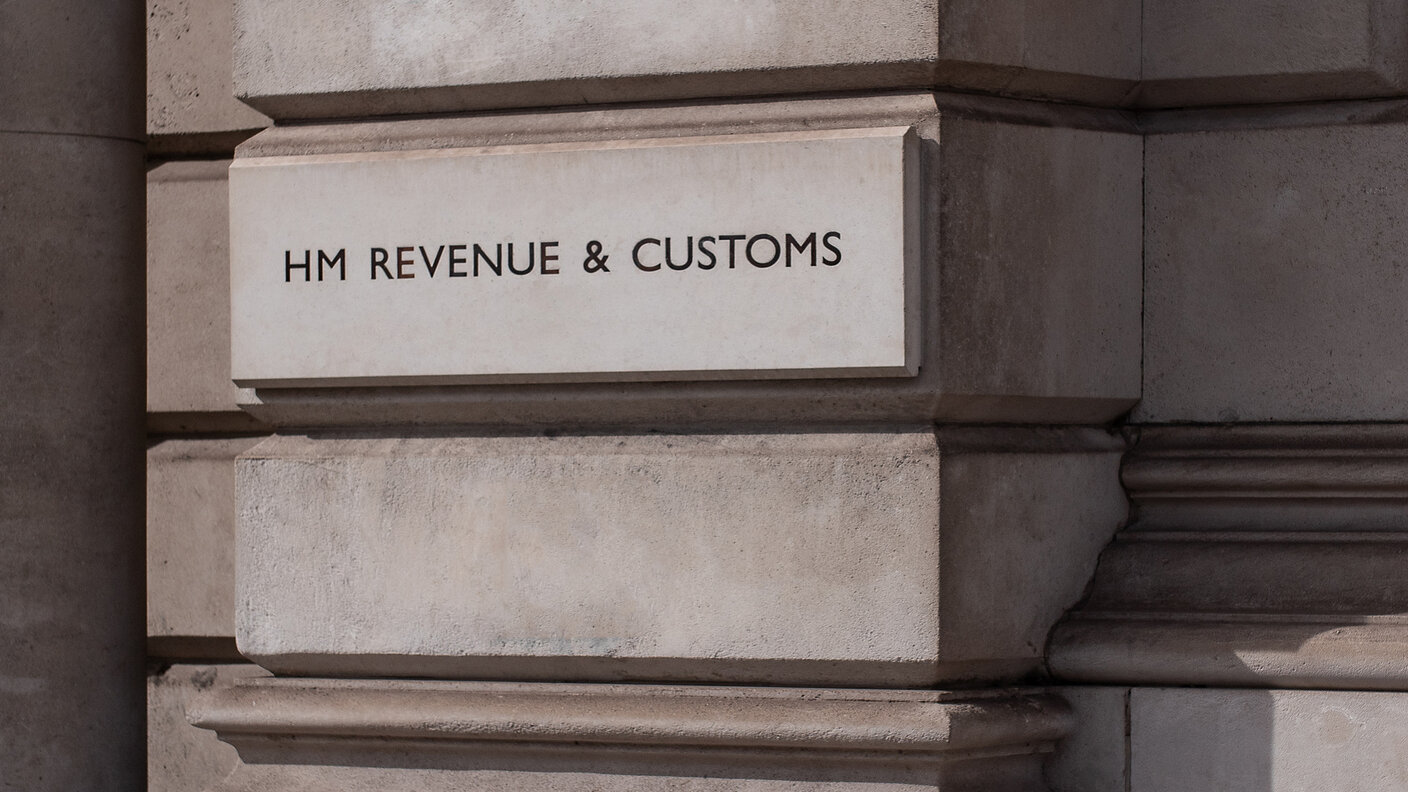The High Income Child Benefit Charge - is it the most illogical, unfair and unnecessary tax?
We may not like taxes, but this one is blatantly unfair, penalises middle income earners and adds to the gender pensions gap, says Kalpana Fitzpatrick.


Get the latest financial news, insights and expert analysis from our award-winning MoneyWeek team, to help you understand what really matters when it comes to your finances.
You are now subscribed
Your newsletter sign-up was successful
Want to add more newsletters?

Twice daily
MoneyWeek
Get the latest financial news, insights and expert analysis from our award-winning MoneyWeek team, to help you understand what really matters when it comes to your finances.

Four times a week
Look After My Bills
Sign up to our free money-saving newsletter, filled with the latest news and expert advice to help you find the best tips and deals for managing your bills. Start saving today!
Some argue stamp duty is the worst tax in Britain, but for me, the High Income Child Benefit Charge trumps it.
For the parents among you forced to complete a tax return, you know exactly what I am talking about, here’s the deal:
- Parents or carers receive £21.80 a week for their first child and £14.80 for additional children. It’s not much, but I'm pretty sure amid the cost of living crisis, it’s certainly needed to keep up with 16% food inflation.
- Every parent with a child under the age 16 can get a child benefit payment - as long as you sign up to it - which you should as it provides you with valuable national insurance credits that count towards a state pension.
OK, it sounds simple, but little is simple or fair when it comes to tax - and in this case, it really isn’t fair.
MoneyWeek
Subscribe to MoneyWeek today and get your first six magazine issues absolutely FREE

Sign up to Money Morning
Don't miss the latest investment and personal finances news, market analysis, plus money-saving tips with our free twice-daily newsletter
Don't miss the latest investment and personal finances news, market analysis, plus money-saving tips with our free twice-daily newsletter
Thousands of parents are now forced to complete a self-assessment tax return to declare their earnings and ‘give’ some of the money back.
If you or your partner earn more than £50k, you have to give some of it back in tax payments, known as the High Income Child Benefit Charge, by completing a tax return. It only takes one parent earning over £50k to trigger the need to complete a tax return. HMRC charges you 1% for every £100 of earning between £50k - £60k.
And if you or your partner earn over £60k? Well, you have to give it all back in tax charges equivalent to the full amount you received in payments.
Let's say couple A has one person who earns £60k and the other earns £30k - The combined income is £80,000. The higher earner will have to complete a tax return and the household will not benefit from child benefit, because essentially the tax charge will eliminate it.
But now, let's look at couple B. They both earn £45k each - the combined income is £90k. It’s higher than couple A, but because neither are above the threshold, guess what? No High Income Child Benefit Charge is due. They can keep it all, despite being £10k better-off.
And if couple C has one person earning £60 and the other earning nothing, they too must pay the charge that cancels out the benefit, despite having a much lower combined income. Couple B are £30k better-off.
Doesn't seem very fair, does it? It is penalising middle earners and taking away from households in need of this payment. While it might be a high income charge, it’s poorly thought out and executed terribly. I know, because the parents I speak to still don’t understand how it works a whole 10 years since it was introduced.
Apart from this, there’s also a problem with families being forced into completing a complex tax return and let's face it, it’s not an easy task for most of us.
Worse still, HMRC has been slapping penalties running into thousands for those who fail to complete a tax return. I’m all for doing things by the book and of course, if you claim you should declare your income regardless of how you feel about the charge, but the fact is, it has caught people out and HMRC didn’t exactly make a song and dance about it when it introduced the new complicated rules in 2013. And I doubt ‘sleepless nights’ counts as a ‘reasonable excuse’ in the eyes of HMRC for not completing a tax return on time (or maybe it does, I couldn't find a list that could excuse me from a penalty).
Women missing out on state pension benefits
You might be thinking, if you have to ‘give it back’ why bother signing up to it? And that’s exactly what thousands of women have done, decided not to bother with it.
But this creates another serious problem. Any parent taking time out of work to bring up a child should sign up to it because it provides you with valuable National Insurance credits that count towards building a state pension. Again, the government doesn’t shout about this, but it's a big problem that massively contributes to the gender pensions gap and leaves women vulnerable when they retire.
According to research from Royal London, around 100,000 women are missing out on as much as £20,000 state pension benefits by not applying for child benefit.
It is a benefit that mums (and some dads) should indeed sign up to. And for working parents who do not need the national Insurance credits, these can be passed onto grandparents if they are taking on childcare duties.
It is possible to simply sign up to it to protect your National Insurance credits - tick a box to say no to payments or call HMRC. This also means you could be excused from having to go through a self-assessment headache.
At a time of the cost of living crisis, a time when childcare costs are unaffordable (and outstrip average monthly mortgage costs) and gender pay gap - why keep such a charge to families bringing up children, who will contribute to the economy and will possibly pay the pensions of workers today?
I’m not expecting a solution any time soon and I doubt the government will remove this complicated and pointless charge - especially now when families are struggling to keep up with the costs of living crisis.
Petitions around it have failed, but for now - I urge all parents to sign up and get your valuable National Insurance credits in the bag. Oh, don't forget your tax return - you have until 31 January to complete one.
Get the latest financial news, insights and expert analysis from our award-winning MoneyWeek team, to help you understand what really matters when it comes to your finances.
Kalpana is an award-winning journalist with extensive experience in financial journalism. She is also the author of Invest Now: The Simple Guide to Boosting Your Finances (Heligo) and children's money book Get to Know Money (DK Books).
Her work includes writing for a number of media outlets, from national papers, magazines to books.
She has written for national papers and well-known women’s lifestyle and luxury titles. She was finance editor for Cosmopolitan, Good Housekeeping, Red and Prima.
She started her career at the Financial Times group, covering pensions and investments.
As a money expert, Kalpana is a regular guest on TV and radio – appearances include BBC One’s Morning Live, ITV’s Eat Well, Save Well, Sky News and more. She was also the resident money expert for the BBC Money 101 podcast .
Kalpana writes a monthly money column for Ideal Home and a weekly one for Woman magazine, alongside a monthly 'Ask Kalpana' column for Woman magazine.
Kalpana also often speaks at events. She is passionate about helping people be better with their money; her particular passion is to educate more people about getting started with investing the right way and promoting financial education.
-
 Can mining stocks deliver golden gains?
Can mining stocks deliver golden gains?With gold and silver prices having outperformed the stock markets last year, mining stocks can be an effective, if volatile, means of gaining exposure
-
 8 ways the ‘sandwich generation’ can protect wealth
8 ways the ‘sandwich generation’ can protect wealthPeople squeezed between caring for ageing parents and adult children or younger grandchildren – known as the ‘sandwich generation’ – are at risk of neglecting their own financial planning. Here’s how to protect yourself and your loved ones’ wealth.
-
 What has changed with employers’ National Insurance – and how will it impact you?
What has changed with employers’ National Insurance – and how will it impact you?Will you feel the effects of the National Insurance hike, as businesses warn of redundancies, smaller pay rises and higher inflation?
-
 Conservatives pledge to cut National Insurance again – how much could you save?
Conservatives pledge to cut National Insurance again – how much could you save?News A 2p reduction in National Insurance is a key feature of the Tory’s general election manifesto.
-
 Workers set for new national insurance tax cut – how much will you save?
Workers set for new national insurance tax cut – how much will you save?News National insurance tax rates have fallen but frozen allowances may limit the benefits.
-
 Spring Budget: What the latest National Insurance cut means for you
Spring Budget: What the latest National Insurance cut means for youNews Chancellor Jeremy Hunt announced a 2p cut in National Insurance in his latest fiscal update – how much could you actually save?
-
 Budget 2024: National Insurance cut, a new British ISA, and reform of the child benefit charge - here’s what has been announced
Budget 2024: National Insurance cut, a new British ISA, and reform of the child benefit charge - here’s what has been announcedThe chancellor has announced a host of changes, including cutting National Insurance again, and abolishing some tax reliefs. Here’s how the Budget will affect your finances.
-
 Brace for a year of tax rises
Brace for a year of tax risesThe government is strapped for cash, so prepare for tax rises. But it’s unlikely to be able to squeeze much more out of us.
-
 Inheritance tax receipts hit £1.2bn
Inheritance tax receipts hit £1.2bnNews More people are being hit by inheritance tax amid rising property prices - and 16m are unaware of whether or not their families could be left to pay a bill when they die.
-
 Cut taxes? No, reform them instead
Cut taxes? No, reform them insteadOpinion The way the state raises money is far too complicated, says Merryn Somerset Webb. Time for a radical revamp.
